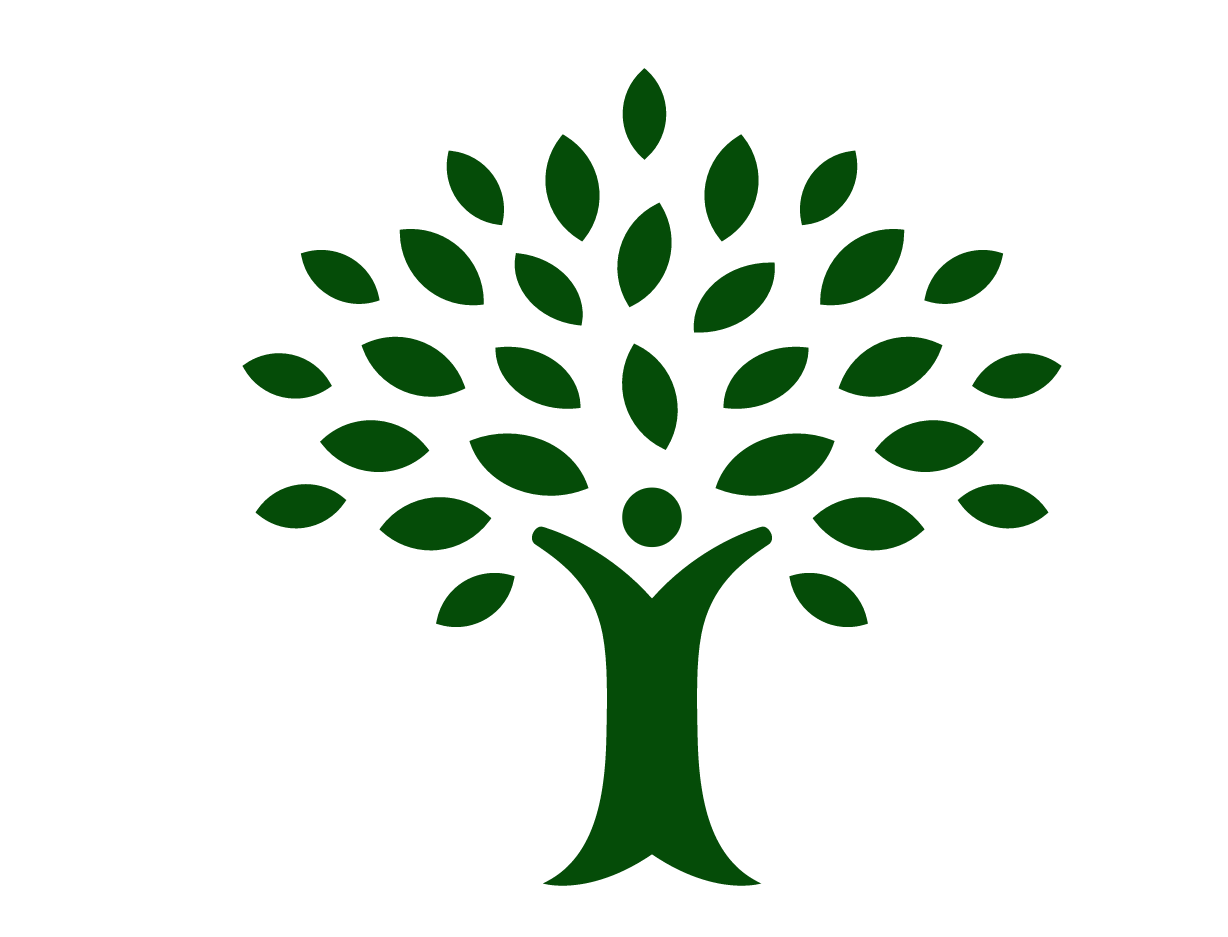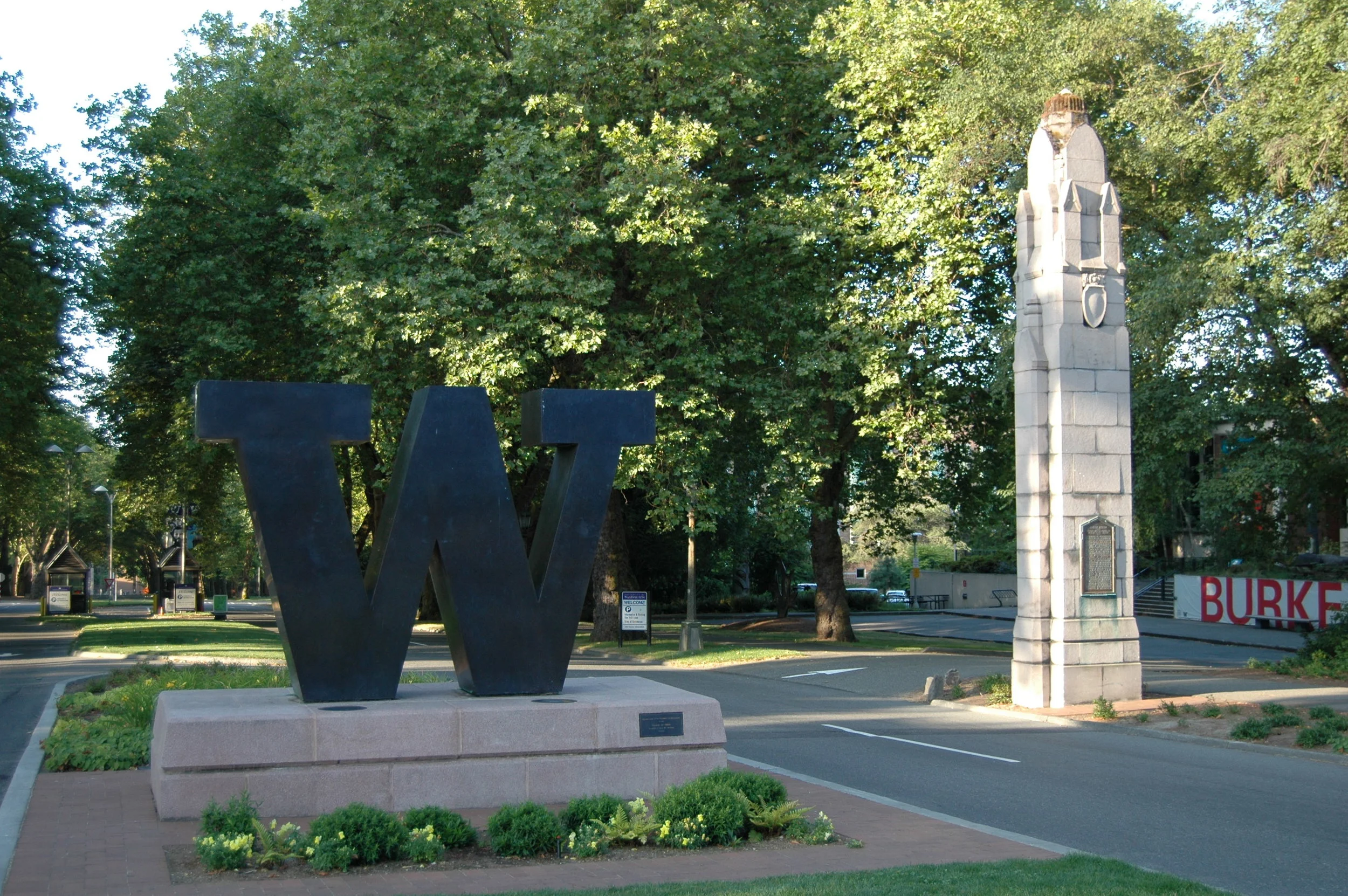Starting in 2011, Starbucks adopted a new policy requiring all new building construction conform to certain LEED standards. Thirty major cities in the United States have implemented similar policies mandating certain new building construction meet LEED standards with additional cities adopting similar policies each year...
A 1988 study by researchers in Alaska predicted that marine debris would accumulate in a particular region of the Pacific Ocean due to the behavior of oceanic currents. Their prediction has proven accurate and today this significant and growing concentration of floating, mostly plastic, trash is known as the “Great Pacific Garbage Patch”...
Dell’s most recent 2016 Corporate Social Responsibility (CSR) report builds on a tradition of detailed disclosure. This post looks into how Dell incorporates the Carbon Disclosure Project (CDP) into their FY16 Corporate Social Responsibility report.
Jackson Family Wines is a family owned winery founded by Jess Jackson in 1982. The California based business now operates with 1500 employees in California, Oregon, Italy, France, Chile, Australia, and South Africa. The company formally began sustainability monitoring and operations in 2008. Jackson Family Wines publishes a robust sustainability report for a privately held company. Water conservation plays an important role in the overall sustainability strategy at JFW.....
UPS allows customers to pay an additional fee when shipping a package to compensate for their contribution to greenhouse gas emissions from the combustion of fuel over the course of transportation for that package. That fee then goes towards funding a project that will offset greenhouse gas emissions, such as methane capture at a landfill or growing a forest in an effort to make the transportation of that package “carbon neutral”...
Fuji Heavy Industry, the parent company of Subaru, first inquired about the feasibility of achieving zero waste at their Indiana manufacturing plant in 2002. Two years later, Subaru had successfully become America’s first “zero landfill” auto maker. Their website states: “Since May 2004, Subaru’s United States manufacturing plants have not sent a single thing to any landfill. 100% of manufacturing waste is either recycled or turned into electricity".....
Kaiser Permanente is an Oakland-based healthcare provider founded in 1945 with operations in eight states. With 10.2 million health plan members and 186,497 employees, Kaiser Permanente experiences unique opportunities in attempting to address sustainability within their organization. One such opportunity that large organizations may utilize for sustainability is leveraging relationships along their supply chain in the form of environmentally preferable purchasing (EPP)...
On May 14th, 2015 the University of Washington board of regents voted to divest all endowment funds, approximately $2 billion, from companies whose primary profit comes from burning coal for energy creation...









